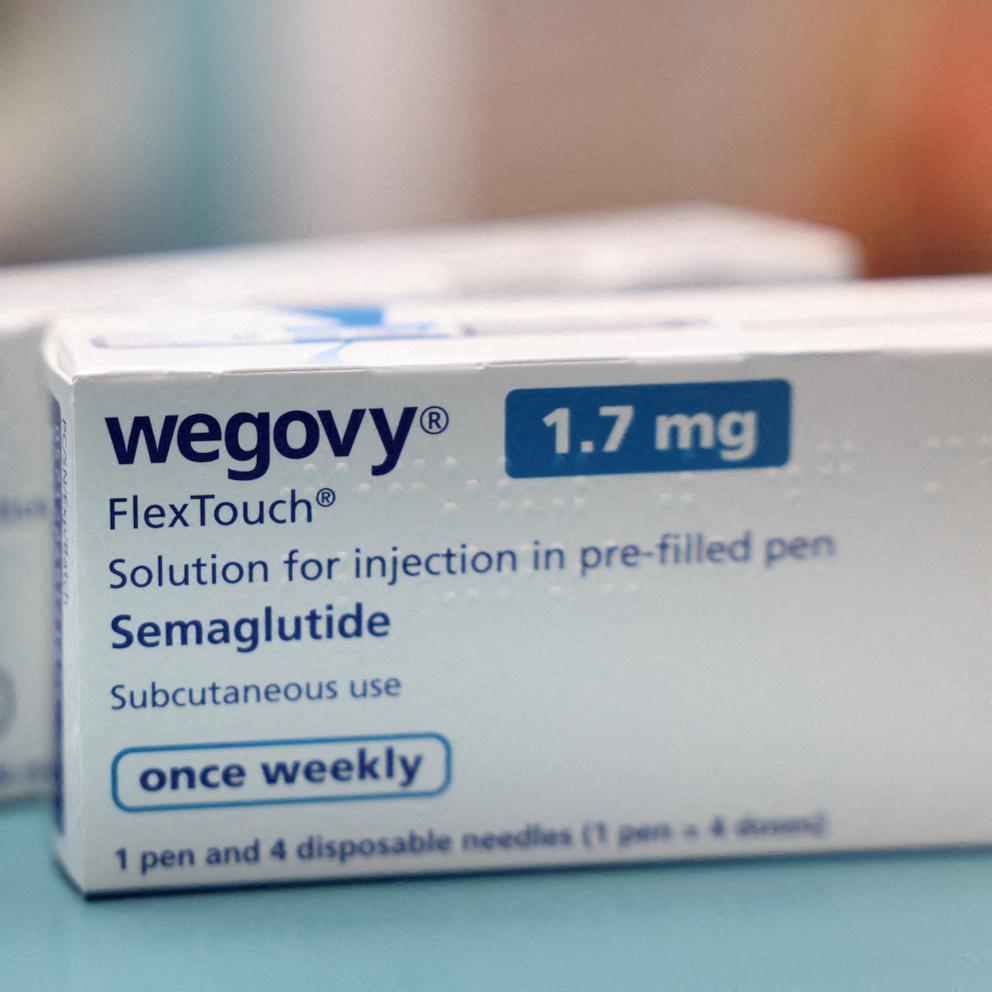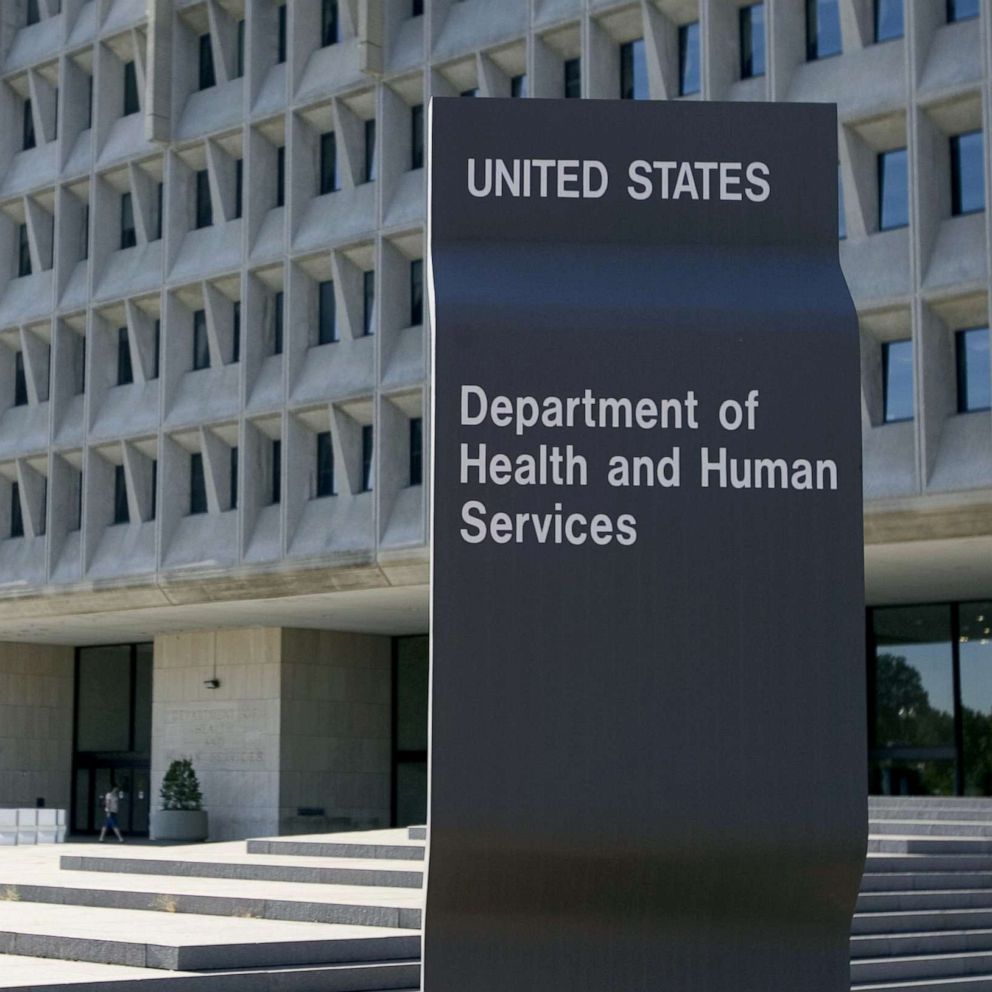4 children surpass a year of HIV remission after treatment pause: Study
Four children born with HIV were able to live virus-free for more than a year after their HIV medication was paused, according to results of a study funded by the National Institutes of Health.
The results of the P1115 study were announced on Wednesday at the 2024 Conference on Retroviruses and Opportunistic Infections (CROI), in Denver, Colorado.
The study explored the effects of early intensive antiretroviral therapy on achieving HIV remission in babies who acquired the virus before birth.
HIV hides inside the body, meaning their HIV eventually returned. However, the fact that they were able to live for more than one year medication-free and without detectable virus is offering scientists fresh hope that eventually, there may be a way to achieve long-term remission among children born with HIV.
No vaccine or treatment can cure HIV, a virus that attacks the immune system. The only known cures have been among a handful of adults with cancer who needed a risky bone marrow transplant, effectively replacing their immune systems. Today's modern medications mean people with HIV can live long and healthy lives, but they must take medication for the rest of their life to keep the virus at bay.

HIV can be passed during pregnancy, meaning some babies are born with HIV. In 2010, a girl dubbed the "Mississippi Baby" was born with HIV and treated with intensive HIV medication called antiretroviral therapy within hours of her birth. She was seemingly cured for a few years but tested positive again at the age of 4.
Still, the Mississippi Baby gave scientists hope that early and aggressive treatment in the hours after birth might be a way for children to achieve long-term remission, allowing them to live healthy lives without taking daily HIV medication.
The NIH invested heavily in global research studies to explore whether this is possible and the new data presented at CROI, summarized the results of one of those studies.
Eventually, all of the children in the study saw their HIV come back. But the fact that some of them had no detectable HIV for more than one year without taking medication means that it may be possible one day children born with HIV could be treated for a short period of time during childhood, rather than requiring lifelong treatment.
"This trial takes us a step closer to realizing another paradigm shift in which our approach to [antiretroviral therapy] could be so effective that it might be used for a season of life, rather than its entirety," said Adeodata Kekitiinwa, MBChB, MMed, emeritus clinical associate professor in the Department of Pediatrics at Baylor College of Medicine, study investigator of record and clinical research site leader in Kampala, Uganda, in prepared remarks.




